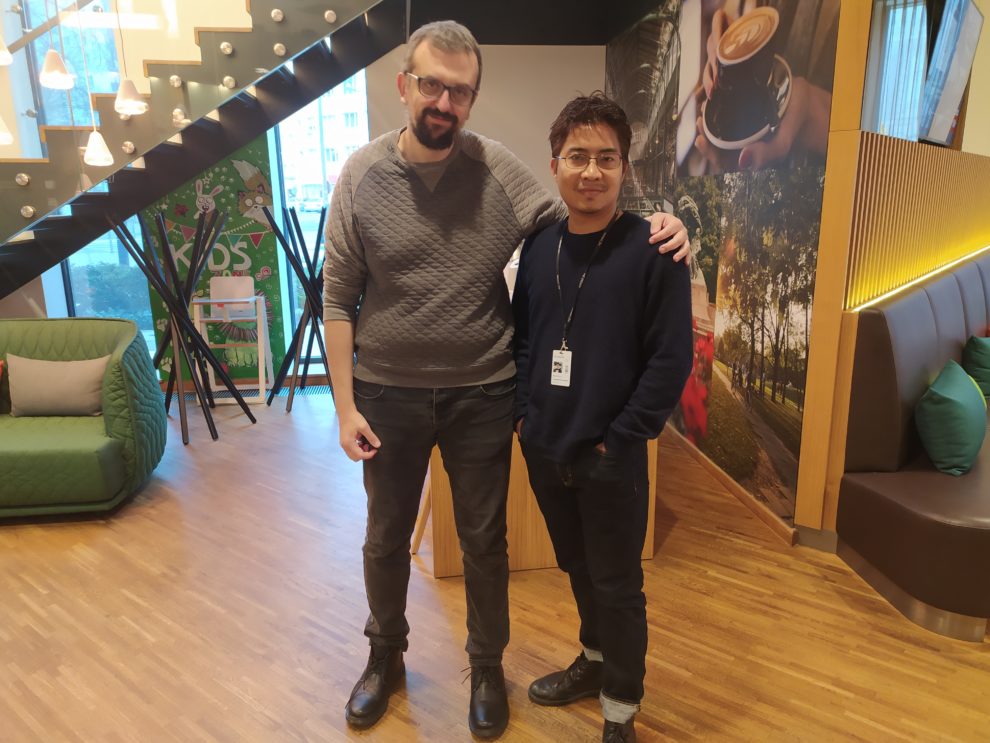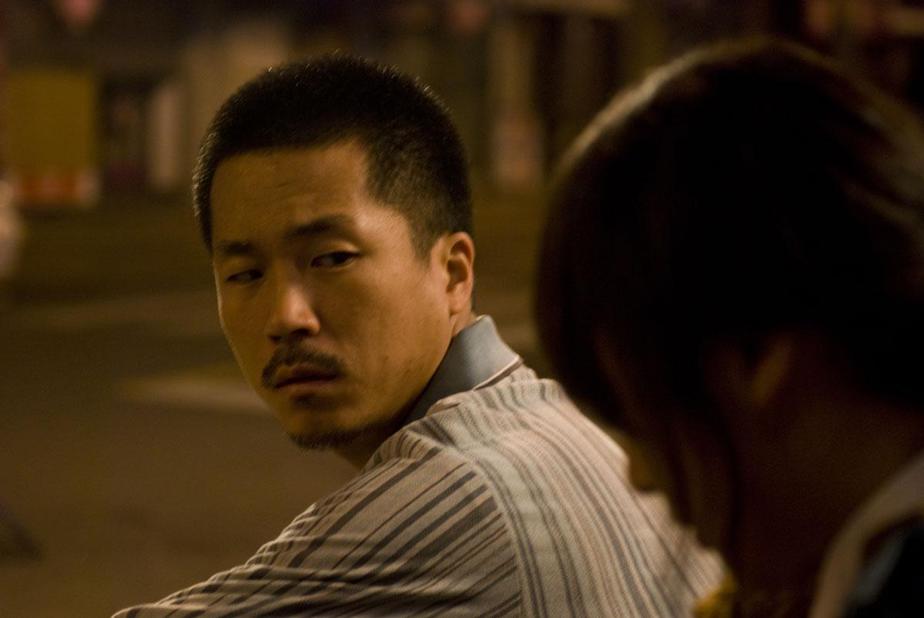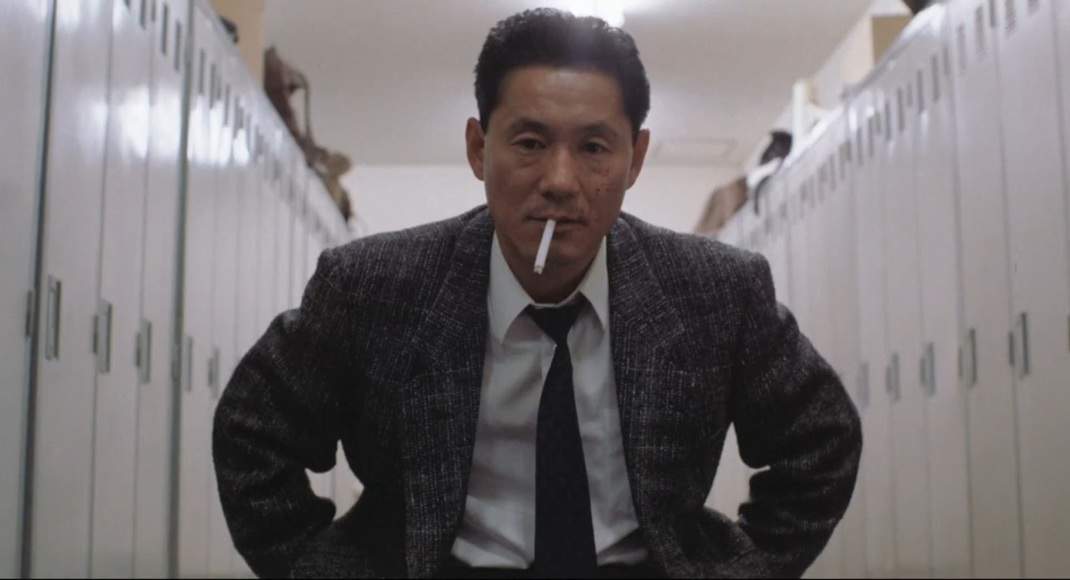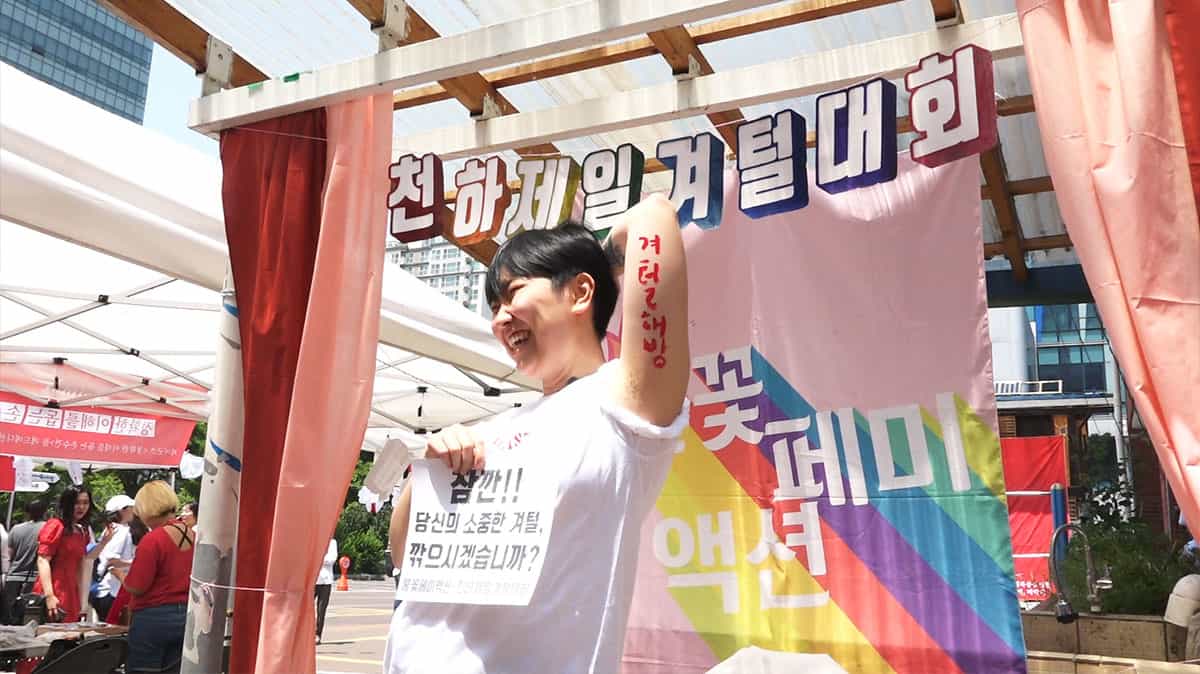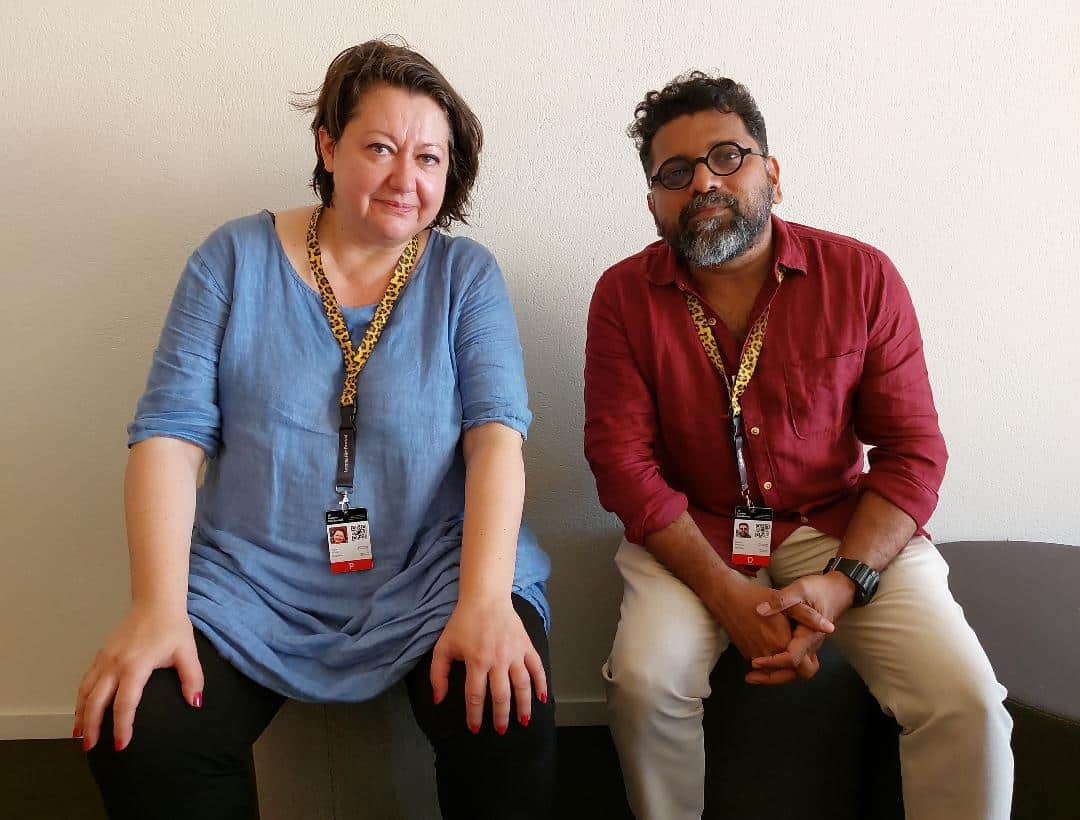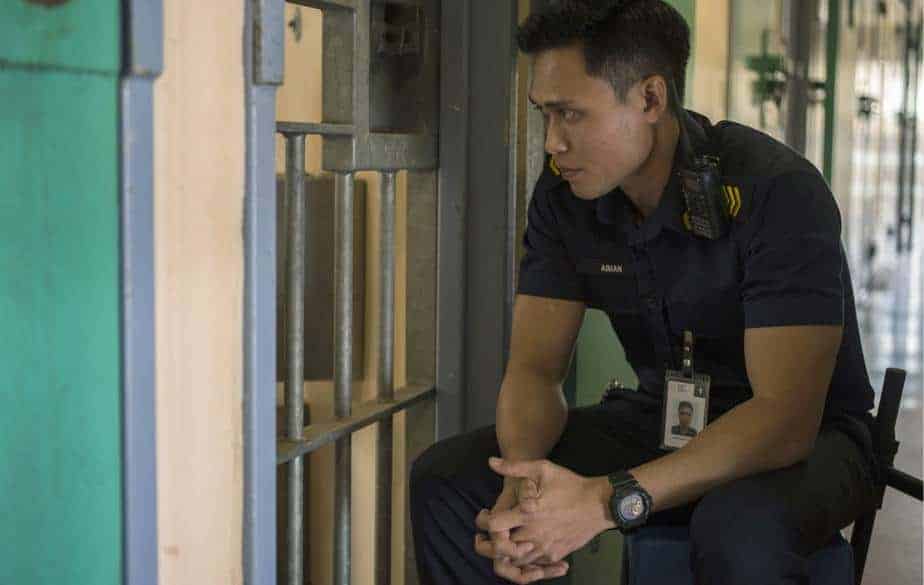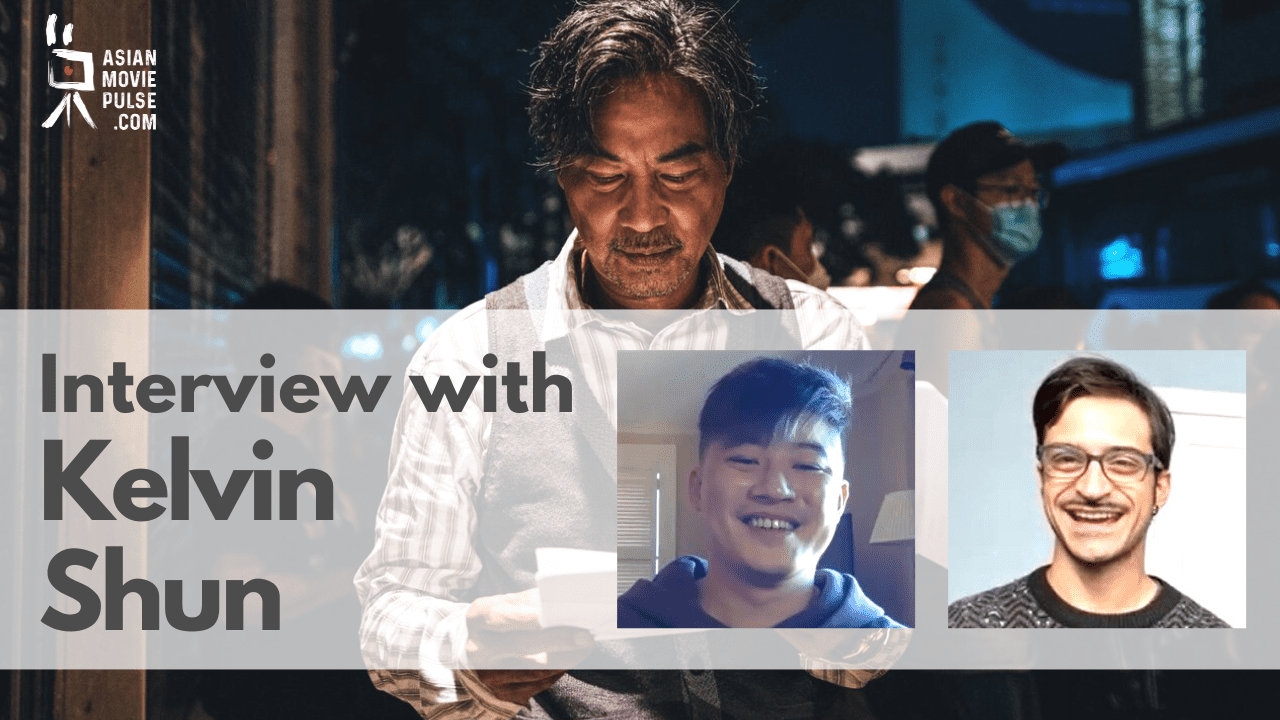Maung Sun started his career as an animator and then began writing screenplays. He says that “Money Has Four Legs”, his first film, is inspired by his experiences as an independent filmmaker in Myanmar. The film had its world premiere at the 25th Busan International Film Festival.
On the occasion of “Money Has Four Legs” screening at Five Flavours Asian Film Festival, we speak with him about the current situation in Myanmar, the local film industry, banks, the casting, the cinematography and the editing of the movie, Yangon Film School, and many other topics.
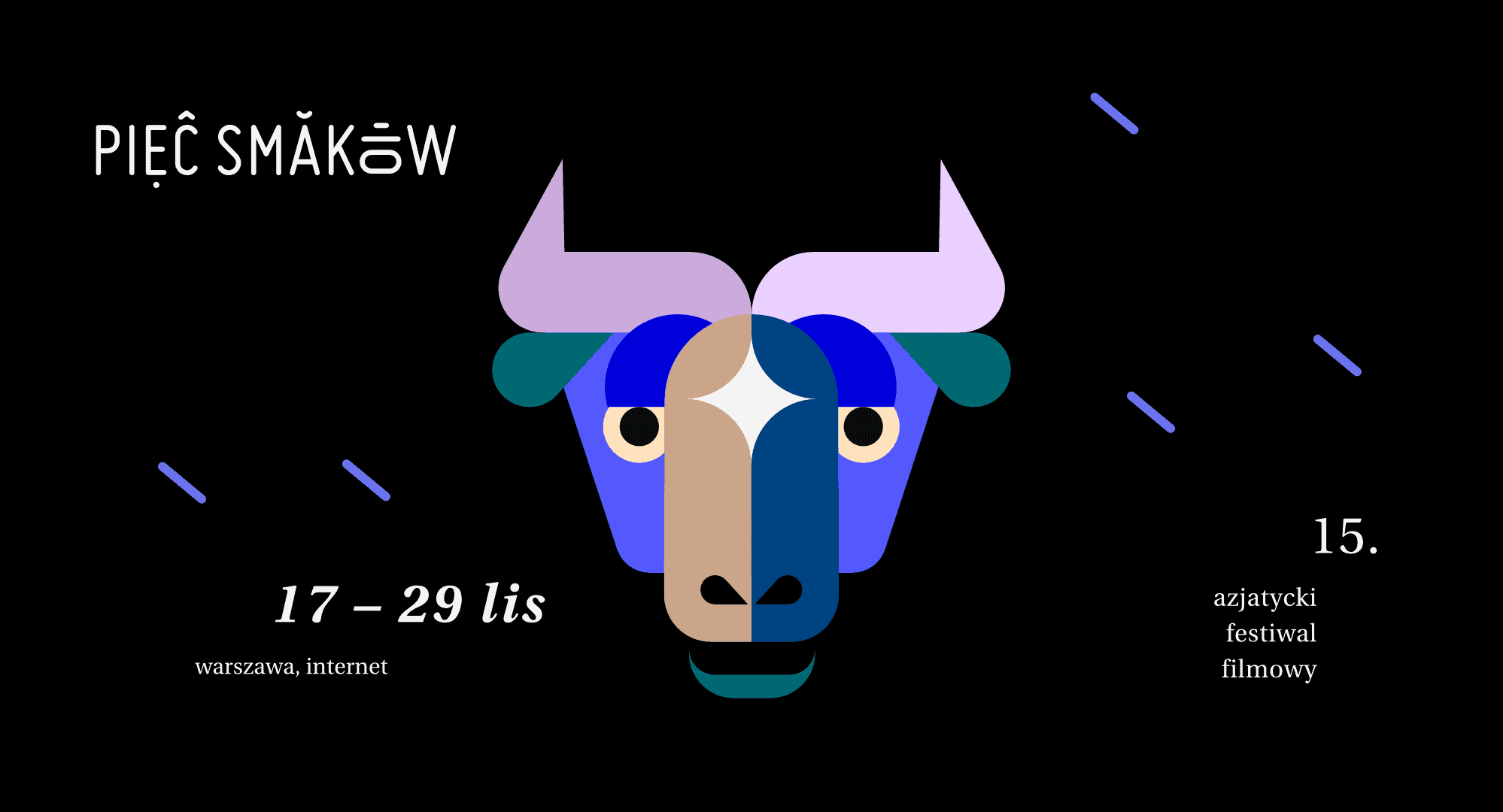
We hear a lot of things about what is happening in Myanmar this year. Can you give us some more info about the actual situation there?
In February, there was a coup d'etat in the country, and that changed a number of things, especially regarding the political and financial situation, but also regarding the movie industry. What happened was that, due to the coup, a lot of people were protesting on the streets, initially peacefully, but after the new regime moved the military to suppress them, things have become more violent. After a number of people, and particularly young people died, many government staffers went against the new regime, by not going to their offices, and eventually the Civil Disobedience Movement (CDM) was created. However, not much have changed regarding the government practices, which has led to further escalation, and now, young people have started to believe that they cannot ask for democratic changes peacefully anymore, which has led them to go to the jungle, where a number of ethnic forces operate, in order to get military training and fight back. As you can realize, Myanmar is not peaceful anymore.
Can you return now to Myanmar?
I am not sure, but I have to, eventually, in order to make my next film.
What will the new film be about?
It is about three young guys who are struggling to survive in the Northern part of Myanmar. It will be a lot darker than my first film.
Let us talk about “Money Has Four Legs”. What was the inspiration behind it?
The inspiration was actually myself, and my friends who were struggling in the industry. When I came back to Myanmar in 2012, I wanted to know more about the industry because I wanted to become a filmmaker, so I met with a lot of people and became friends with a number of them. I witnessed their struggles and the limitations of the industry itself. Essentially, I wanted to make fun of myself being a part of this industry and that is how I developed the script.
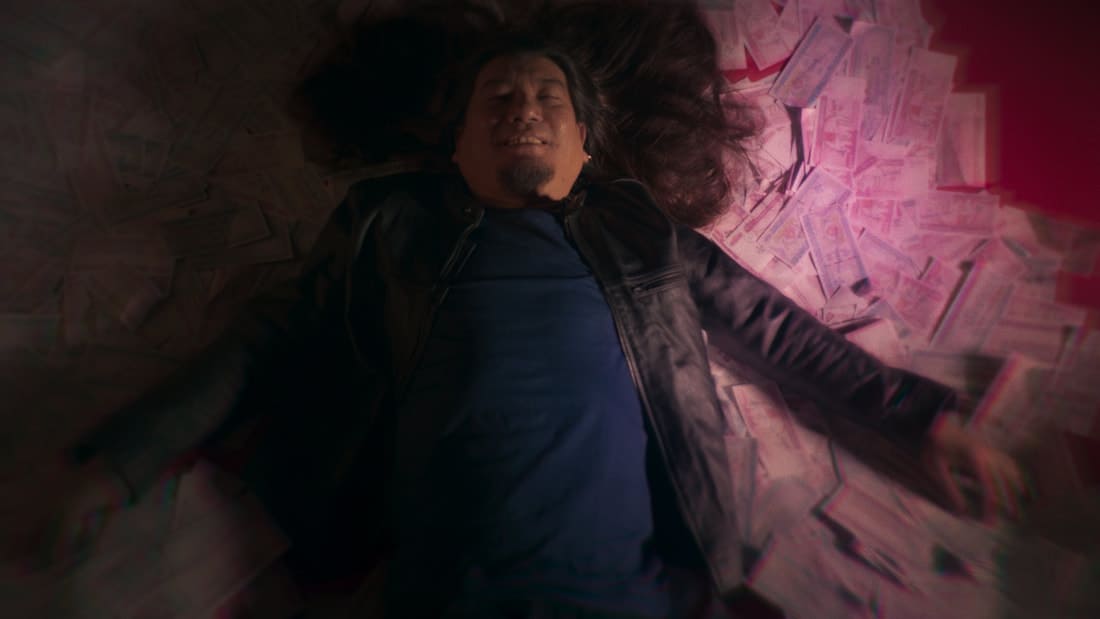
How close to reality is the way you portray the movie industry of Myanmar in the film? Are actors self-centered and producers womanizers? (laughter)
(laughter) I've shown the film to a lot of my Myanmar friends and they agree that it is quite close to reality.
What about the way you portray censorship?
The way I portray censorship in the movie is mild actually, in reality, it is much stricter
And are relatives and friends usually involved with the production, as in the movie?
Yes, the local industry is so small that you always end up working with people you know. My film is actually full of friends and relatives. (laughter)
So, how would you describe the local movie industry in general?
In 1962, we had the first military coup, and then there was an effort by the government to implement a socialist reform. Before that, we had more than 1000 screening rooms in the country, but then, the number steadily declined as the economy deteriorated also. By 2010, we had just 100 screening rooms all over the country, and we produced about 20 films every year. Between 2010 and 2020 the country underwent a democratic change, and the financial situation also became better. The movie industry followed, with the number of screening rooms doubling in that time frame, to 200 and the number of films produced increased to around 100. However, last year, due to the political developments everything stopped, and this year, we were planning to start again, but then the military coup took place. And this time, it is worse, because no one is even going out anymore.
In general, do locals watch local movies?
A lot of people watch local films, which are actually made for the local audience, and the most successful of them make a few million dollars, which is a lot of money for Myanmar
In the film, you portray banks almost as criminal organizations. Is that your actual opinion?
I have this sentiment about banks because the tactics portrayed in the movie, during the bank run, actually happened, with them taking the money and running away around 2004 and 2005. After the coup, the banking system is in an even worse situation now, and they only hand out $200-300 per week, no matter how much savings one has in the bank.
Did the rents also rise significantly, as the director in the film experiences?
Of course, due to inflation, the rate of rents is always rising.
Can you give me some more details about the casting of the film, apart from your friends and relatives that is?
(laughter) When I made my casting call, more than 200 people came, almost 300. This is not that many actually, because some bigger productions got more than 1000 people. 300 is not a few, so I managed to find some very good actors among them. However, some of the characters in the story are unique and I could not find them in the casting list. I had to visit various places to find people for these parts. For example, the brother-in-law, Ko Thu, is a rock singer who goes from bar to bar, which is where I met him. I discussed with him about being in the film and I really liked his approach to acting, because he does not stick to the script. Regarding the protagonist, Okkar Dat Khe, I called him to the casting because I like his character. He came, and in the end, I picked him. He is also a documentary director, as is the actress who plays his wife. I feel that people who are already in the industry have a better sense regarding acting and directing and that is why I chose them for my film. In general, I don't really like the acting in Myanmar movies, which is quite exaggerated, therefore I had the actors in my movie approach their roles in a more realistic way
In general, did you allow much improvisation or were there specific guidelines for the actors?
There were specific guidelines, but as long as it was within the script scope, I allowed improvisation, as in the case of the brother-in-law character.
Can you give me some more details regarding the cinematography, what you wanted to do in the visual aspect of the movie?
From the beginning, I had a pretty good idea on what I wanted to do in that regard. I discussed with DP Thaid Dhi a lot, but we had a limitation of space, for example in the apartment where the director is living, which is quite a narrow place and we could not use many lights. We also had budget limitations, and we had to use the cheapest camera available (laughter) which was a really huge one, causing even more issues. We were also quite inexperienced, so even though we had planned some things, practically, we could not implement them and had to find different solutions. It was quite a challenge and in the end we managed to achieve many of the things I wanted, but not everything.
How much was the budget for the movie?
It was less than 100.000 euros.
Can you give us some details about the locations the film was shot?
We had two main locations, the apartment of the director and the car workshop of his brother-in-law. I had to look for them myself, since I had a very specific idea about how I wanted them to look. Regarding the apartment, I eventually found some that fit my notions, but when I asked for permission from the owners, they would not allow me to shoot, because they thought it was not good enough for a movie. In the end, I had to beg an owner to shoot in her apartment (laughter) and finally she allowed me to shoot there. I even put her in one of the scenes. For the workshop, I had some images in my mind, but it was really hard finding one that fits, and I spent weeks looking around workshops. Finally I found the one shown in the movie, which actually looked very dangerous, almost ready to collapse (laughter) Everyone was very nervous while we were shooting there but in the end we managed to shoot it (laughter). It is a memory now, the workshop was torn down and a new building was erected in its place.
What about the production office?
It is actually the office of the Myanmar Film Archive Organisation. I asked them to use the living room of the office, because Okkar Dat Khe, the protagonist, is actually working for the film archive.
What was your purpose in the editing of the movie, the pace?
Since I started writing the film, it was a comedy in my head, about the Myanmar film industry and also about myself. But because in the beginning, I shot many long takes, this gave my editor, Myo Min Khin, the opportunity to experiment. We had a lot of arguments, because I wanted to have a fast-paced comedy but he wanted a slower pace. We agreed in some regards, and then Regina Bärtschi, who was teaching a class in Yangon Film School at the time, heard about my project and that I was struggling with the editing and asked me for the draft edits. She liked the story and the way I shot the film, and with her help, I managed to cut another 10 minutes, making it faster, which, finally, satisfied me.
Since you mentioned Yangon Film School, a number of shorts produced by students of the school screened in Five Flavours this year. What was your opinion regarding their quality?
Yangon Film School is the first professional film school in Myanmar, and a number of the current independent movie directors have attended the school. As you can understand, the school is very important for the local industry. As you also witnessed in the documentaries screened in the festival, their level is quite high, and they could be screened in festivals all over the world. However, in my opinion, the view of these documentaries sticks to the same style and does not have many variations. I really wanted to see them giving more freedom to the filmmakers even if it resulted in lower quality.
Last question, how was life in Myanmar before the coup, socially and financially let's say.
Myanmar is a poor country. However, even if we are suffering, we are not suffering all the time, in general people are happy. Also, most of the people loved their leader at the time, and now they are angry with the new regime, and not happy anymore about this fake democracy.


